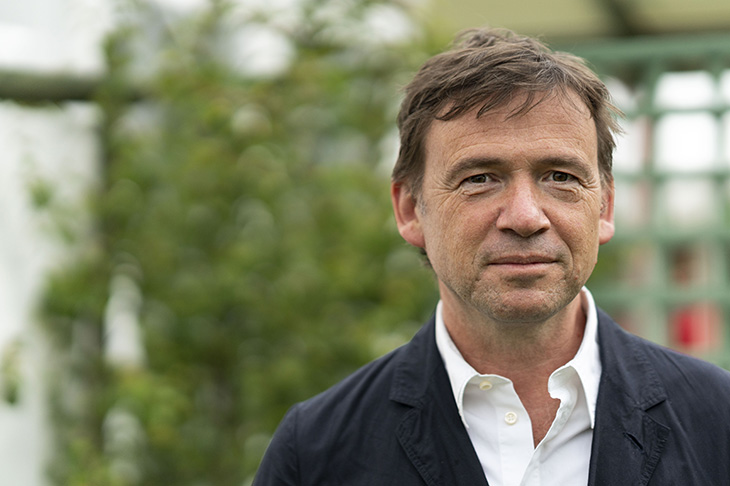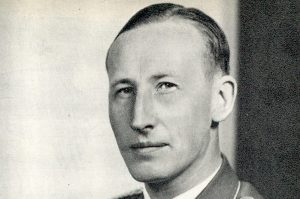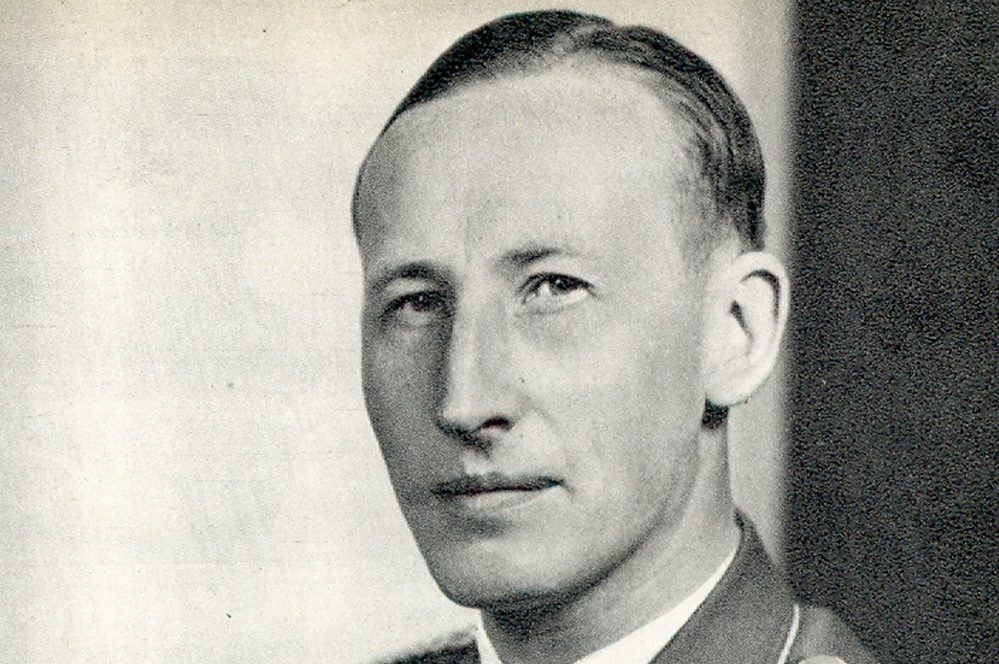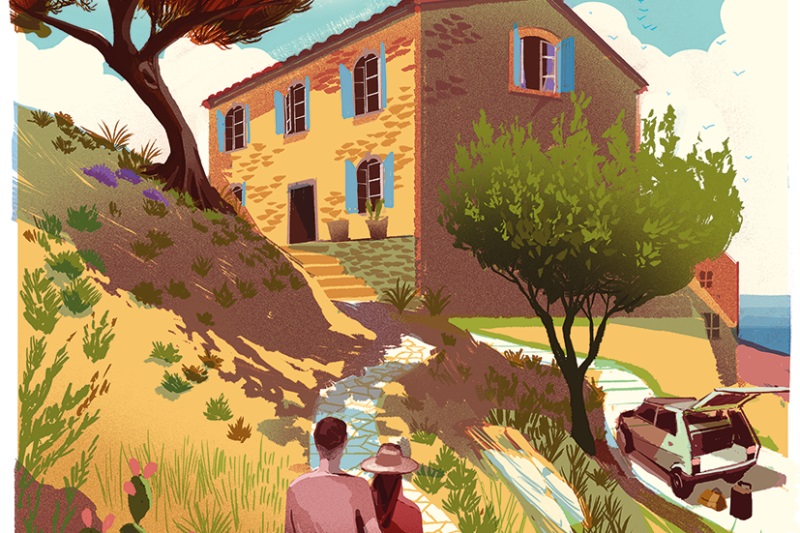The 16-year-old hero of David Nicholls’s fifth novel is ostensibly Everyboy. It is June 1997, the last day at dreary Merton Grange and, having flunked his exams, Charlie Lewis attends the leaving disco — all dry ice, vomit and making out, laced with Cointreau and disinfectant. An infinity looms of bloated summer days, with only a part-time, underpaid garage job as distraction. Home is a small southern English Everytown, neither city, suburb nor rural village, with Dog Shit Park and Murder Wood ‘where porn yellowed beneath the brambles’. Worse, Charlie’s parents have separated, and he is stranded with his depressed, boozy, bankrupt father, eating cold curry from takeaway foil containers.
An unglamorous atmosphere is familiar Nicholls territory: his first novel, Starter for Ten, starred a skinny, spotty, insecure student; the Booker long-listed Us featured a dull middle-aged husband whose marriage is coming apart; and Understudy depicted the miseries at the grubby bottom of the acting pool. But ‘something’s gotta give’, and Nicholls pulls a charmingly redemptive rabbit out of the drab hat.
Even in this parched, middle-England wilderness, love may blossom in just as passionate and meaningful a way as experienced by Shakespeare’s archetypal teenage lovers. Charlie is pulled into acting Benvolio in an amateur theatre production, after falling for Fran, who is playing Juliet. The director appreciates the youth’s ‘faceless, milk-and-water quality’, but he explains to the troupe that ‘although the text is called Romeo and Juliet, it’s really about everyone in this world. We’ve all got these great passions, these amazing private stories. There is no such thing as a minor character.’
Charlie’s metamorphosis is dramatic. Through love, Shakespeare’s poetry and theatrical collaboration, the sad, vulnerable boy becomes the star of his own life. The planets align, he loses his virginity and the novel starts to soar with joy and tenderness. Nonetheless, Nicholls (via Charlie’s first-person narrative) warns the romantically inclined reader that the idyll will not last: even Shakespeare knew that ‘love is boring’ for anyone not taking part, he argues. Apparently, an audience cannot take too much happiness.
The parallels and references to Shakespeare are never far away, and this being England, the Montagu–Capulet ‘tribes’ are class-based. Charlie is insecure, has money worries and is bitterly aware that Fran attends a better school: Chatsborne kids are posh, clever and confident — nothing like the losers at Merton Grange.
Nicholls joins a long list of authors offering a contemporary take on Shakespeare, ranging from Iris Murdoch’s The Black Prince (Hamlet) to Jane Smiley’s A Thousand Acres (King Lear). Vintage’s 400th anniversary ‘Hogarth Shakespeare’ series required acclaimed writers, including Jeanette Winterson, Margaret Atwood and Howard Jacobson, to come up with their own versions. ‘Oh, that I were a glove upon that hand and something-something-something,’ muses Charlie while gazing at Fran. Nothing is new. But great literature lends significance and resonance to the repetitions, even as Charlie rides his rusting bike around cul-de-sacs named Tennyson, Mary Shelley, Forster, Woolf and Hardy.
Nicholls’s early unremarkable acting career evidently provides convincing details about how transformative (and sometimes irritating) theatrical life can be. In contrast, his subsequent career as a novelist and writer for film and television has brought remarkable successes and best-sellers. His wonderful One Day is beloved by millions. He wrote the screenplay for the film (starring Anne Hathaway) and for many other adaptations, including Far From the Madding Crowd (with Carey Mulligan) and the award-winning Patrick Melrose series based on Edward St Aubyn’s novels.
Sweet Sorrow may not outshine One Day, but it is a compassionate, intelligent look at the raw pain and loneliness of a teenage boy, the everyday miracle of first love and the perennial power of Shakespeare’s language.
This article was originally published in The Spectator magazine.

























